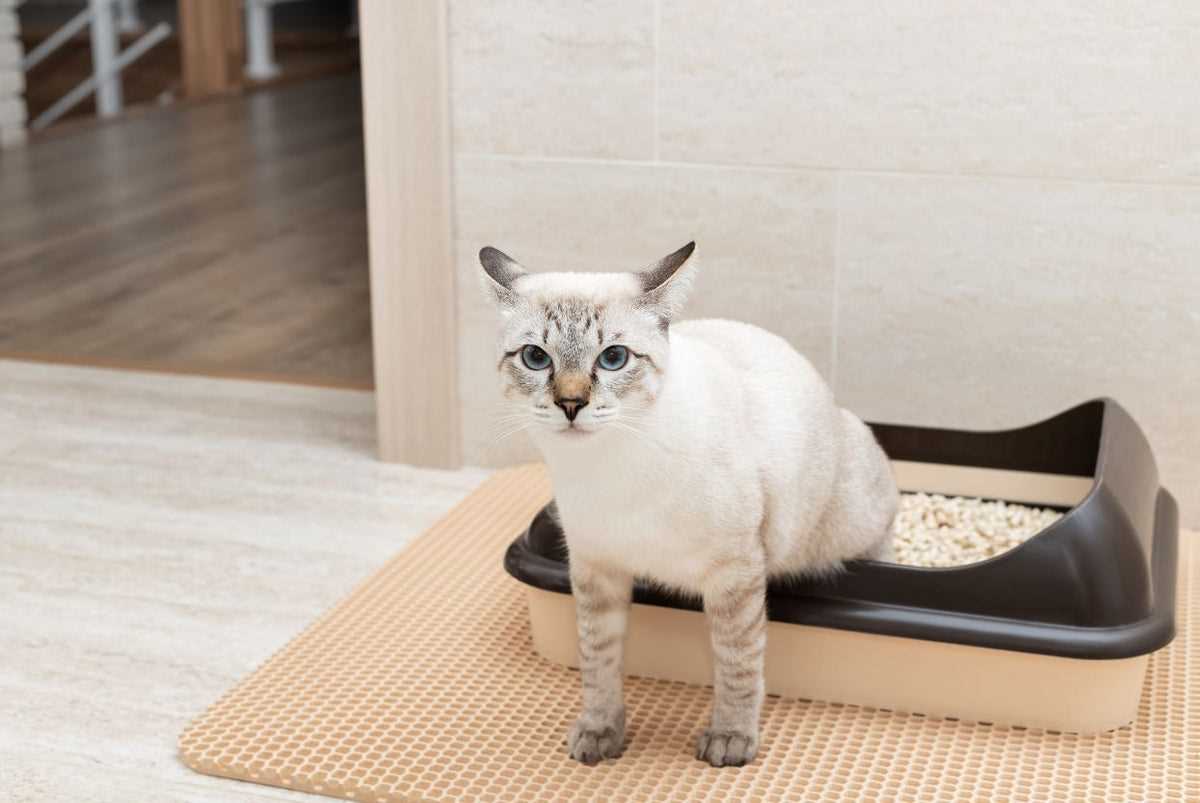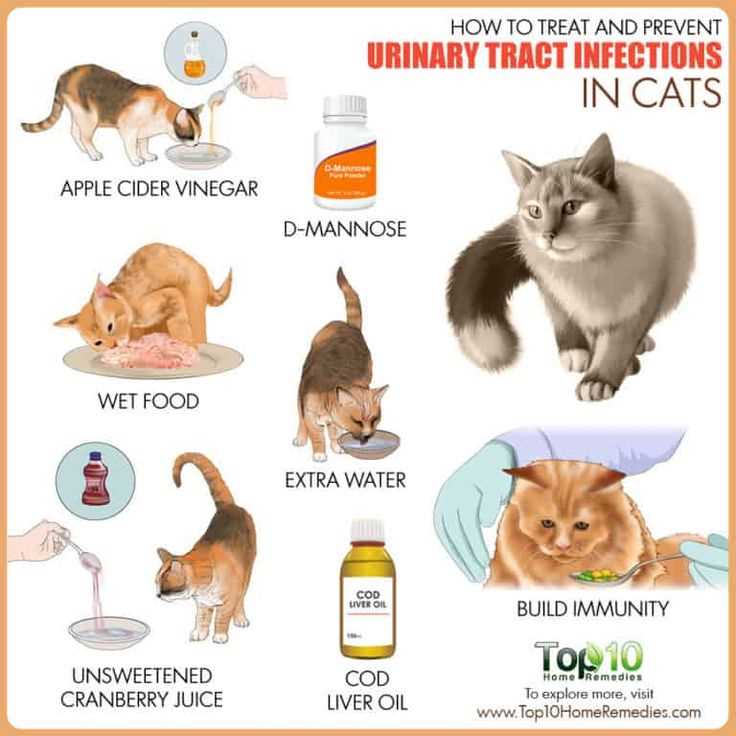Whiskers up! If you notice signs of discomfort, frequent trips to the litter box, or blood in the urine, it’s time for some immediate action. Hydration is key; ensure fresh water is always available. Adding wet food to the diet can also help increase fluid intake.
Consider herbal remedies like cranberry extract, which may support urinary health. Always check with a vet before starting any new supplement. Also, providing a calm environment can reduce stress, which often exacerbates these issues.
Monitor litter box habits closely. If the situation doesn’t improve within a few days, seek professional advice. Keeping a close eye on any changes in behavior or health is crucial for long-term well-being.
Home Remedies for Feline Urinary Issues
Hydration is key. Make sure fresh water is always available. Adding wet food to the diet can increase fluid intake, helping flush the urinary tract.
Consider herbal remedies like cranberry extract, known for supporting urinary health. Always consult with a veterinarian before introducing any new supplement.
Dietary Changes
Switching to high-quality, moisture-rich food can aid in preventing future complications. Look for formulas specifically designed for urinary health.
| Food Type | Benefits |
|---|---|
| Wet Food | Increases hydration |
| Prescription Diets | Formulated for urinary support |
| Homemade Meals | Control ingredients |
Environmental Considerations
Ensure a stress-free environment. Cats thrive in calm spaces. Reducing stress can help prevent urinary issues from recurring.
Regular litter box maintenance is crucial. Keep it clean and odor-free, as a dirty box can discourage proper usage and lead to problems.
Recognizing the Symptoms of UTI in Cats
Frequent trips to the litter box signal a possible issue. If I notice my feline friends straining or spending an unusually long time in their litter box, it’s time to pay attention. This behavior often indicates discomfort or an underlying problem.
Changes in urine appearance are another red flag. If the urine looks cloudy, dark, or contains blood, immediate action is necessary. Healthy urine should be clear and pale yellow.
Excessive grooming of the genital area often points to irritation. I’ve seen my buddies lick themselves more than usual when something isn’t right.
Other Indicators

Unusual vocalizations during urination also raise concern. If a friend seems to be crying out in pain while trying to relieve themselves, that should never be ignored.
Changes in appetite or behavior can indicate discomfort. If my pals are less interested in food or seem lethargic, it’s a sign to investigate further. A sudden change in personality or energy levels often accompanies health issues.
Home Remedies for Cat UTI Relief
First thing to try is increasing water intake. Providing fresh, clean water daily encourages hydration, which helps flush out the urinary tract. Adding a water fountain can make drinking more appealing. Consider incorporating wet food into meals; it adds moisture and can assist in alleviating discomfort.
Herbal Solutions
Herbs like cranberry and marshmallow root can support urinary health. Cranberry extract may help prevent bacteria from adhering to the bladder wall. Marshmallow root acts as a soothing agent for inflamed tissues. Always consult a veterinarian before introducing new supplements to ensure safety.
Diet Adjustments
Switching to a diet rich in Omega-3 fatty acids can reduce inflammation. Look for high-quality food that lists fish or flaxseed oil as ingredients. Reducing stress through environmental enrichment–like toys and scratching posts–can also aid in overall well-being, potentially minimizing urinary issues.
Regular litter box maintenance is essential. Keeping it clean encourages frequent use and helps monitor any changes in habits or health. If any signs persist or worsen, seeking veterinary advice is crucial for further assessment and treatment options.
Hydration Tips to Support Bladder Health
Encouraging increased fluid intake is key for maintaining urinary wellness. Offer fresh water daily, ensuring it’s clean and easily accessible. Consider using a pet water fountain; the sound of flowing water often entices me to drink more.
Food Choices Matter
Incorporating wet food into my meals significantly boosts hydration. Opt for high-quality canned options that contain a high moisture content. This not only keeps me hydrated but also adds variety to my diet.
Flavor Enhancements
Add a splash of low-sodium broth to my water or food. This simple enhancement can make hydration more appealing. Herbal teas, like chamomile, can also be a tasty alternative, just ensure they are safe for feline consumption.
Dietary Changes to Prevent UTI Recurrence
Switching to a high-quality, moisture-rich diet keeps the urinary system happy. Wet food is preferable as it increases water intake.
Recommended Ingredients
- Real meat as the main ingredient boosts protein without unnecessary fillers.
- Fish oil provides omega-3 fatty acids, which support overall health.
- Vegetables like pumpkin and spinach add fiber and nutrients.
Foods to Avoid
- Grain-based products can lead to urinary issues; avoid corn and wheat.
- High sodium content in processed foods may cause dehydration.
- Artificial additives and preservatives can affect health negatively.
Regular feeding schedules help maintain a balanced diet. Consider incorporating supplements like cranberry extract, known for its urinary benefits.
Consult with a veterinarian for personalized dietary advice tailored to individual needs and health status.
When to Consult a Veterinarian
If there’s persistent straining while trying to urinate or blood in the urine, a trip to the vet is necessary. These signs could indicate a more severe issue, such as a blockage or infection requiring professional care.
Additionally, if any unusual behavior is observed, like excessive vocalization, lethargy, or loss of appetite, it’s time to seek veterinary advice. These can be indicators of significant discomfort or pain that needs to be addressed.
In cases where the symptoms do not improve within a day or two, don’t hesitate to consult a vet. Waiting too long can lead to complications, so acting swiftly is wise.
Always remember that prevention is crucial. Regular check-ups can help catch potential problems early on. For tips on maintaining a clean environment, check out this link for the best pressure washer detailing world.
Monitoring Your Cat’s Recovery at Home

Keep a close eye on my behavior after any treatment. Watch for changes in litter box habits, appetite, and energy levels. Frequent urination or straining can indicate ongoing issues, while a return to normal eating and playing is a good sign of recovery.
Daily Observations
Check my litter box daily. Note the volume and frequency of urination. If I seem to be drinking more water than usual, it might indicate an underlying problem. A healthy kitty should have clear urine with minimal odor.
Routine Health Checks
Regularly feel my belly for any signs of discomfort or swelling. If I show signs of pain when touched, it’s time to seek professional help. Additionally, monitor my coat condition; a dull or unkempt appearance can signify health issues.
Incorporate dental care into my routine. Using dental sticks for cats can support overall health and reduce stress on my urinary system.
Preventive Measures for Future UTIs in Cats
Maintaining a low-stress environment is crucial. Stress can trigger health issues, including urinary problems. Provide cozy spots and safe spaces for lounging.
Regular Vet Check-ups
Schedule routine veterinary examinations. These appointments help catch potential issues early. Your vet can recommend tests that monitor urinary health.
Hydration Strategies
- Encourage drinking fresh water daily. Consider a water fountain; many felines prefer running water.
- Add water to dry kibble or offer wet food. This increases fluid intake and supports bladder health.
- Monitor water consumption. If there are changes, consult a veterinarian.
Dietary Adjustments
- Opt for high-quality food with appropriate moisture content. Quality ingredients contribute to overall health.
- Avoid excessive treats or table scraps. Stick to a balanced diet to maintain a healthy weight.
- Consider foods formulated for urinary health. Some brands offer specialized diets that help prevent issues.
Litter Box Maintenance
Keep the litter box clean and accessible. Scoop daily and change litter regularly. A clean box encourages use and prevents accidents.
Physical Activity
Engage in regular play. Physical activity promotes overall well-being and helps reduce stress, which can affect urinary health.






